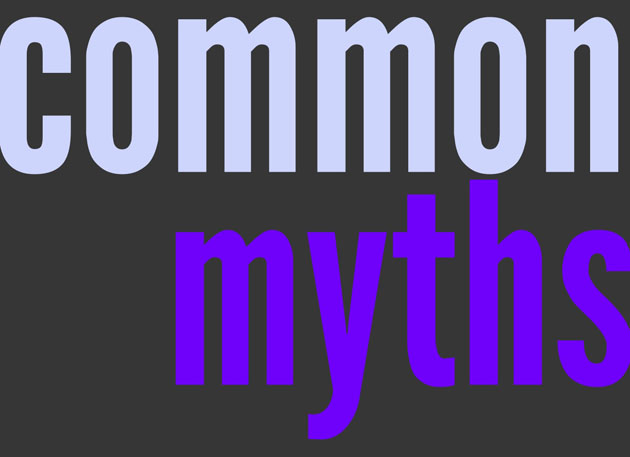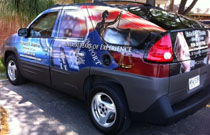Most common Immigration myths
Immigration myths
As in any area of law, there are always myths or beliefs about what rights people have. Different lawyers have given us what they calls the five myths about immigration. In other words, beliefs that people have about immigration law that may adversely affect their chance of reaching the residence, or citizenship in the United States.
The 245 (i) is an amnesty
Section 245 (i) of the Immigration Act is a temporary law section, which is not available at this time and that allows people with an immigrant visa available (either through family or work) paying a fine of $ 1,000.00 to receive his residence in the United States without having to leave the country. If the person has been in the country for over a year illegally and out, will be subject to a fine of not returning for 10 years.
If I marry an American I can apply my residence
At present, only persons who have entered the country legally and marry a U.S. citizen may apply for residency in the United States. If the person entered the country illegally is not protected under the 245 (i) is not eligible for residence and work permit in the United States. Yes you can start processing the immigrant visa, but not to return the section 245 (i) the person must leave the country and may face a penalty of 3 to 10 years. You can request a waiver of these penalties.
If I have children born in the U.S. I can not be deported
False. Only if your U.S. citizen child is 21 and submits a request on her behalf you have the right to an immigrant visa and apply for residency. You also need to be protected under section 245 (i) of the Act.
I have spent 10 years in the U.S. "I can apply for residence time?
No. Immigration law provides no such benefit. Only people who are in removal proceedings (deportation) and have 10 years in the United States might consider this appeal. For this, the person must demonstrate good moral character for 10 years, usually shown with the payment of taxes for that period of time and a letter from the police showing that the person has not been arrested. We also have to prove that deportation would cause exceptional harm and extremely unusual to an American citizen, such spouse or child.
My cousins are citizens can I ask?
Americans can ask their parents, children, spouses and siblings. Residents can ask their spouses and unmarried children. Residents can not ask their married children or their parents. Nor uncles or cousins may ask family members other than those listed above.













yss